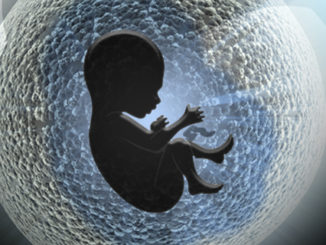A Fatty Diet May Affect Behavior Across Generations Through Epigenetic Mechanisms
Having a high-fat diet (HFD) is not only linked to obesity but also to an increased risk of developing heart disease, type 2 diabetes, and certain mental health disorders. With obesity levels on the rise, it’s critical that we know more about how a HFD affects the body and find ways for early prevention. In recent years, there has been a growing area of interest into the behavioral consequences of a HFD and if these are passed onto subsequent generations [more…]





